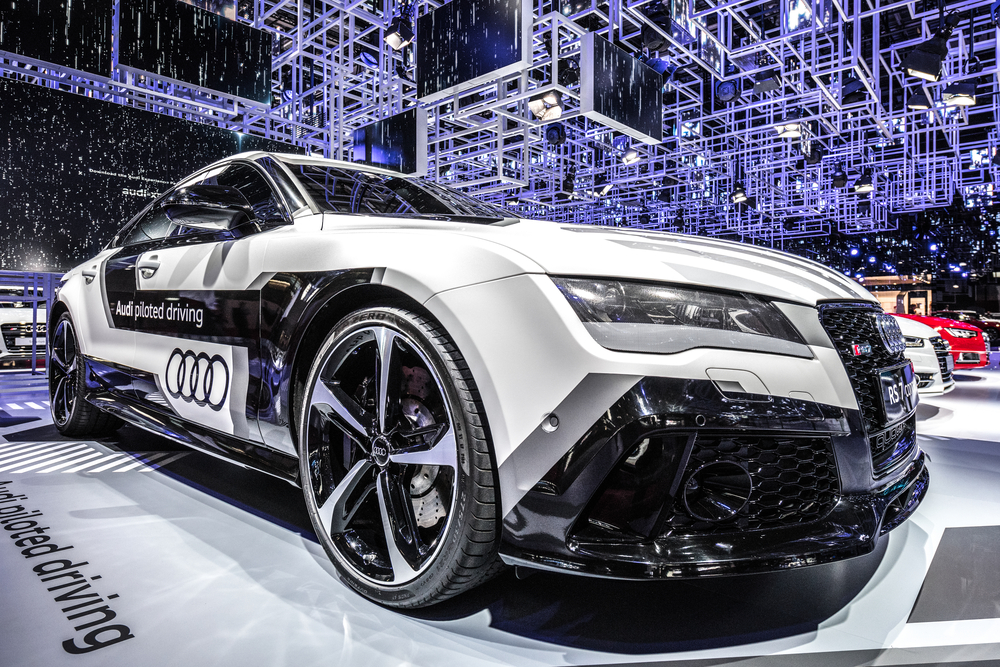Self-driving, completely driverless cars aren’t just a thing of the future – they’re already here. Advances in the technology allowing cars to maneuver streets without human involvement are in testing and development and could be offered to consumers as early as 2018. The crux – both regulation and ancillary industries like insurance need to keep up.
California could be the first state to allow testing of completely driverless cars by the end of 2017. Until now, laws have required a human “backup” in case of emergency, foot controls and steering wheels. Federal laws currently still require vehicles have steering wheels, but Washington DC is encouraging the technology and will presumably make changes to follow suit. Of the millions of miles driverless cars have logged, their accident ratio is significantly lower than human’s accident rates. Google’s autonomous car’s accident rates is approximately 0.7 accidents per million vehicle miles traveled, compared with the US average of 2.0 accidents per million vehicle miles traveled.
The recent California proposed law allows vehicle manufacturers to declare themselves road-ready, and once they do, they can market their vehicle to consumers. This follows current industry standards, vehicle manufacturers self-certifying when a new feature is ready for public consumption.
Driverless cars asks another question though: Who will insure these vehicles? Currently the insurance industry uses massive amounts of data collected in order to calculate risk assessments and determine insurance rates. With self-driving vehicles, manufacturers will maintain their own data – industry experts believe this could lead to vehicle manufacturers bundling auto insurance with the purchase of the vehicle, much like they might do roadside assistance and satellite radio now.
Insurance companies often look at cost to maintain, but with software, like that used to operate driverless cars, the big expense is with development. Software updates are relatively cheap, compared to replacing parts and vehicle maintenance. This dependence on software could lead insurance companies, or the manufacturers who offer insurance, to bundle other products like cybersecurity protection with personal auto insurance. Cybersecurity becomes a much more critical concept when your vehicle operates autonomously and has the potential to be hacked and given different commands than what you intended.
Ultimately, autonomous cars are coming – bringing with them a host of possibilities, like potentially safer roadways, enhanced mobility for disabled individuals, cheaper transport of goods and lower costs associated with traffic congestion while riders perform other tasks. It also brings many challenges, not the least of which are policy and insurance related questions.
Please share your comments or questions with us below and be sure to visit www.gesrepair.com or call us at 1-877-249-1701 to learn more about our services. We’re proud to offer Surplus, Complete Repair and Maintenance on all types of Industrial Electronics, Servo Motors, AC and DC Motors, Hydraulics and Pneumatics. Please subscribe to our YouTube page and Like Us on Facebook! Thank you!
Sources:
http://www.inc.com/associated-press/california-sets-forth-rules-driverless-car-reality.html?cid=hmcol1_2
http://www.strategy-business.com/article/Who-Will-Insure-Self-Driving-Cars?gko=7b789
http://www.rand.org/news/press/2014/01/06.html
